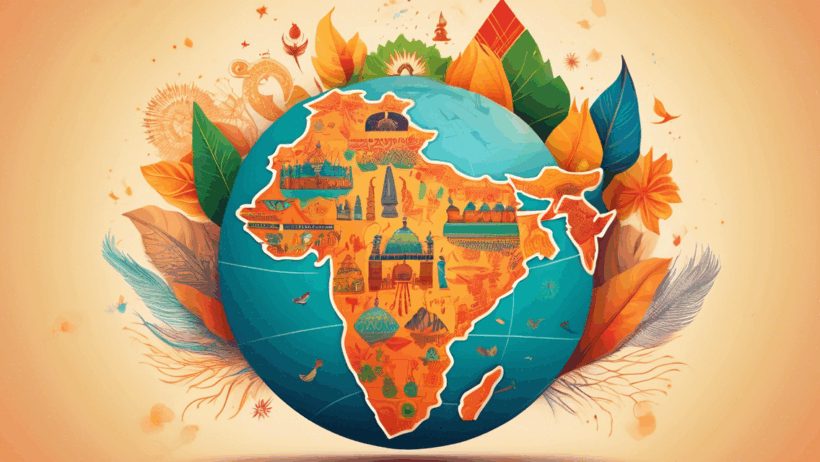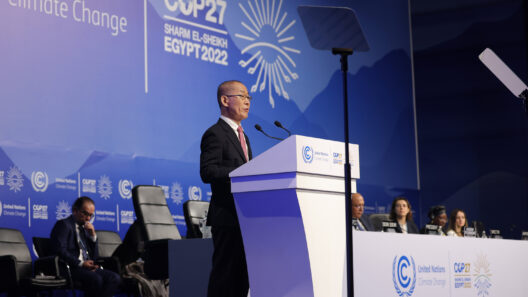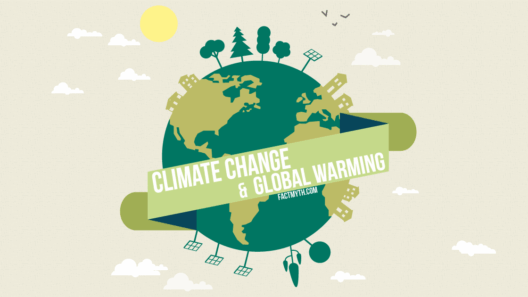Global warming is an inexorable phenomenon, reshaping our environmental landscapes and, consequently, the fabric of our communities. But have you ever pondered how a warming planet reverberates through the social structures that bind us? This question invites a deeper exploration into the intricate connections between climate change and our communal relations, which sociology adeptly illuminates.
The sociological perspective on global warming is manifold, positing that climate change is not merely an environmental issue but also a profound social challenge. It affects the way we interact, organize, and understand our places within the world. As temperatures rise, communities face new trials that warrant a critical examination of both individual behaviors and collective responses. Rising sea levels, extreme weather events, and shifting ecosystems provoke not just fear, but action—or inaction—in various social contexts.
One of the primary ways global warming shapes communities is through its effects on migration patterns. As regions become increasingly uninhabitable due to droughts, floods, or other climate-related phenomena, individuals and families will seek more favorable conditions elsewhere. This mass migration can lead to demographic shifts, placing strain on resources in receiving communities. Sociologists analyze these patterns, emphasizing that the influx of newcomers can foster both cultural enrichment and social tension. How do different communities integrate these new members, or do they resist such changes out of fear of losing their cultural identities?
Another sociological angle relates to the concept of environmental justice. Marginalized communities—often the least responsible for environmentally harmful practices—bear the brunt of climate change’s effects. In urban slums and rural communities, disenfranchised groups face disproportionate exposure to pollution and other climate hazards. This disparity raises critical questions about equity and responsibility. As awareness grows, social movements emerge, demanding that governments and corporations take more substantial steps to mitigate climate change and address its impacts on vulnerable populations. The call for environmental justice is not merely a quest for equality but a demand for acknowledgment of humanity’s collective accountability.
The interactions between socio-economic status and climate vulnerability present yet another layer of complexity. Wealthier communities possess more resources to adapt to climate changes, whether through infrastructure investments or technologically advanced solutions. In contrast, lower-income populations often lack the means to invest in such adaptations, leaving them even more susceptible to the adverse effects of climate extremes. This disparity can instigate social unrest as inequalities become more pronounced and the divide between the haves and have-nots deepens. In examining these issues, sociologists challenge us to consider: are we prepared for the societal upheaval that climate change may catalyze?
In addition, community resilience becomes paramount in the face of climate-induced disruptions. The ability of a community to rebound from disasters can depend significantly on the social networks that exist within it. Strong ties among neighbors foster cooperative behavior in times of crisis, enabling quicker recovery. Conversely, communities afflicted by isolation may struggle to mobilize resources effectively. Sociologists emphasize that enhancing social capital is essential for preparing communities for climate-related challenges. How can we cultivate these connections in a world that increasingly prioritizes individualism over collective solidarity?
Moreover, the sociological analysis of global warming invites a reexamination of our consumption habits and societal values. The relentless pursuit of economic growth has led to practices that often blind us to the environmental costs. As communities confront the realities of global warming, there’s an opportunity to redefine progress outside of mere consumerism. This could manifest in adopting sustainable practices or promoting local economies that prioritize ecological stewardship. As communities grapple with these changes, a pivotal question arises: can we shift our cultural narratives to embrace sustainability without sacrificing our quality of life?
Ultimately, tackling the multifaceted challenges posed by global warming necessitates a collaborative effort on a global scale. The interconnectedness of our societies demands a transdisciplinary approach to understand the implications of climate change. This gives rise to an imperative for policymakers, researchers, and community leaders to engage in dialogues that transcend geographical and disciplinary boundaries. The role of educational institutions becomes vital in equipping future generations with an awareness of environmental and social interdependencies.
In conclusion, the intersection of global warming and sociology unveils a rich tapestry of challenges and opportunities. From migration and environmental justice to community resilience and cultural redefinitions, the ramifications of climate change are profound. To address these complexities, it is imperative that we, as a global community, engage in meaningful discussions that prioritize the well-being of both our planet and our people. After all, as climate change continues to reshape our realities, what sort of communities do we aspire to build in its wake?






